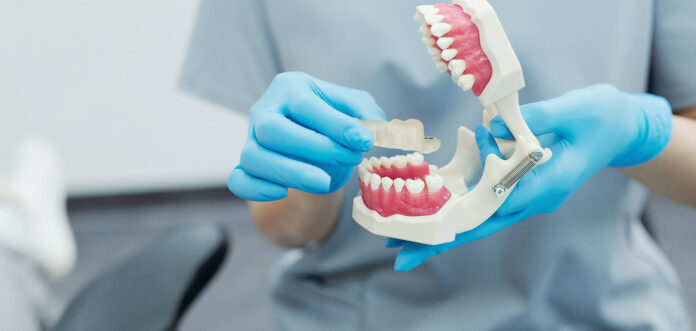Temporomandibular joint (TMJ) disorders are a common cause of jaw pain, facial discomfort, and difficulty in chewing. Affecting the joint connecting the jaw to the skull, TMJ problems can range from mild irritation to chronic pain and functional limitations. Timely diagnosis and management are crucial to prevent long-term complications and improve quality of life. For those seeking specialized care, TMJ Treatment Singapore provides access to professional evaluation and tailored treatment solutions.
TMJ disorders can manifest due to various factors, including jaw misalignment, teeth grinding, arthritis, stress, or injury. Understanding the symptoms and available treatment options is essential for individuals experiencing jaw discomfort or restricted movement.
Recognizing the Symptoms of TMJ Disorders
Identifying TMJ disorders early can lead to more effective management. Common symptoms include:
- Persistent jaw pain or tenderness.
- Clicking, popping, or grating sounds when opening or closing the mouth.
- Difficulty chewing or discomfort while biting.
- Facial pain, headaches, or earaches.
- Limited jaw movement or locking of the jaw.
These symptoms can vary in intensity and may be intermittent or constant. Ignoring early signs can lead to chronic discomfort and worsening of the condition.
TMJ Treatment Options in Singapore
Treatment for TMJ disorders focuses on relieving pain, restoring jaw function, and preventing further damage. Options can range from conservative approaches to more advanced interventions depending on the severity of the condition.
1. Conservative and Non-Invasive Treatments
Most TMJ issues respond well to conservative measures, including:
- Jaw Exercises: Gentle stretching and strengthening exercises help improve mobility and reduce stiffness.
- Pain Management: Over-the-counter anti-inflammatory medications or prescribed analgesics can help control discomfort.
- Lifestyle Modifications: Avoiding hard or chewy foods, practicing stress management, and correcting posture can alleviate strain on the jaw.
- Cold and Heat Therapy: Alternating cold packs and warm compresses reduce swelling and relieve muscle tension.
2. Oral Appliances
For patients with teeth grinding (bruxism) or misalignment contributing to TMJ disorders, oral appliances such as night guards or bite splints are commonly prescribed. These devices prevent excessive wear on the teeth and reduce pressure on the jaw joint during sleep.
3. Physical Therapy
A licensed physical therapist may employ techniques such as massage, ultrasound, and specific exercises to improve jaw mobility and alleviate muscle tension. Physical therapy can complement other treatments for faster recovery.
4. Advanced Interventions
In severe cases where conservative treatments do not provide relief, more advanced procedures may be recommended, including:
- Botox Injections: Reduce muscle tension and alleviate jaw clenching.
- Arthrocentesis: Minimally invasive procedure to flush out inflammation in the joint.
- Surgical Interventions: Reserved for chronic or structural TMJ issues that cannot be managed through non-surgical methods.
When to Seek Professional Care
It is important to consult a professional when TMJ symptoms interfere with daily activities or persist for more than a few weeks. Early evaluation by a qualified dentist or specialist ensures accurate diagnosis and appropriate treatment. Delaying care can lead to chronic pain, worsening jaw dysfunction, and secondary issues like headaches or ear problems.
A professional TMJ assessment includes a detailed medical and dental history, physical examination, and, if necessary, imaging studies such as X-rays or MRI to evaluate the joint structure. Based on the findings, a tailored treatment plan is developed to address the underlying cause and provide effective symptom relief.
Benefits of Professional TMJ Management
Seeking expert TMJ care offers several advantages:
- Accurate diagnosis and identification of contributing factors.
- Customized treatment plans based on individual needs.
- Relief from pain and improved jaw function.
- Prevention of long-term complications and joint damage.
- Guidance on lifestyle adjustments to reduce recurrence.
Conclusion
TMJ disorders can significantly impact daily life, causing pain, discomfort, and functional limitations. Understanding the symptoms, available treatment options, and the importance of early intervention is crucial for effective management. Accessing specialized care for TMJ Treatment Singapore ensures a comprehensive approach, combining conservative methods, oral appliances, physical therapy, and advanced procedures when necessary. With timely and professional care, individuals can regain comfort, improve jaw function, and enhance their overall quality of life.

